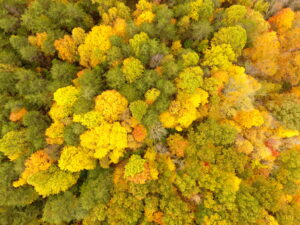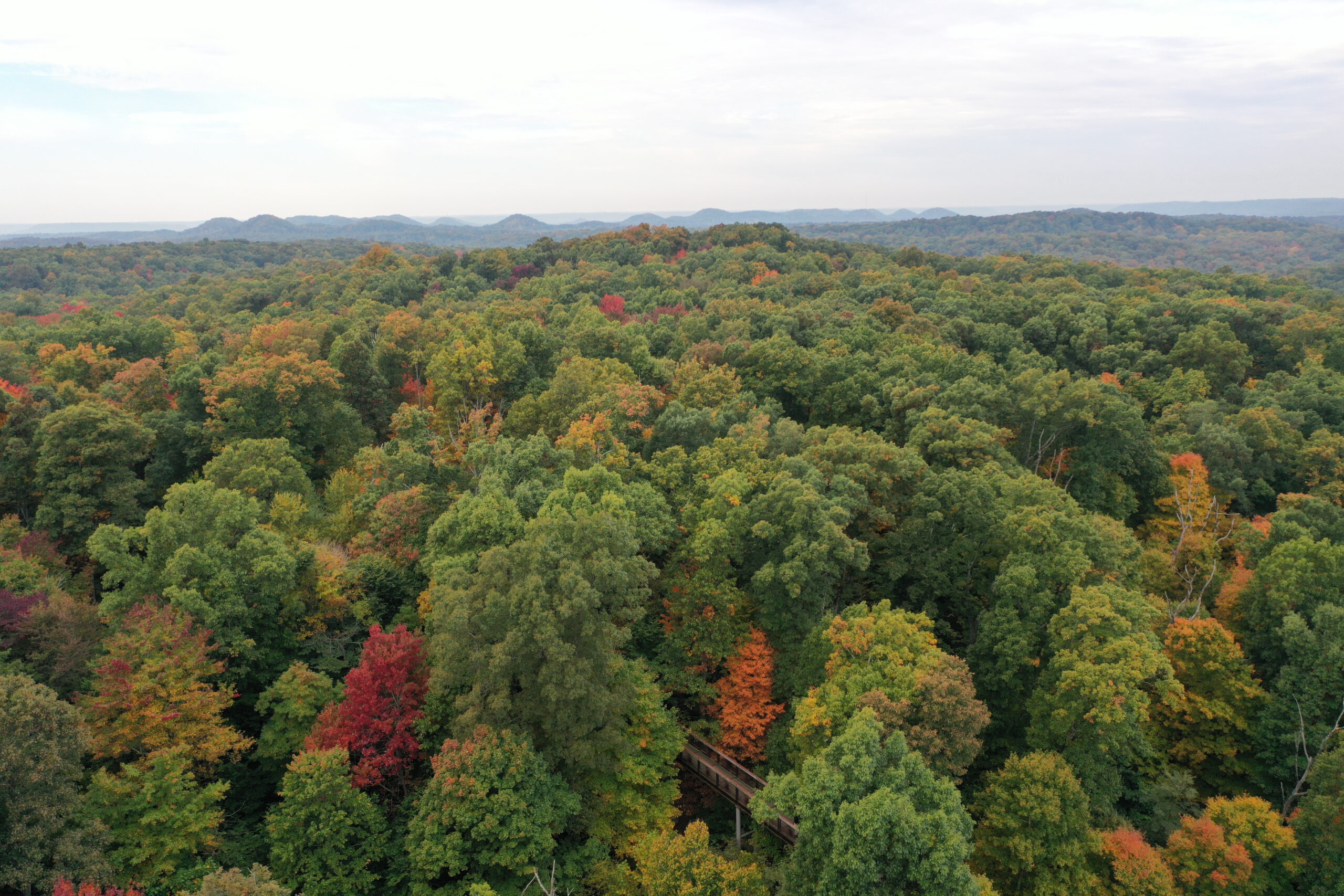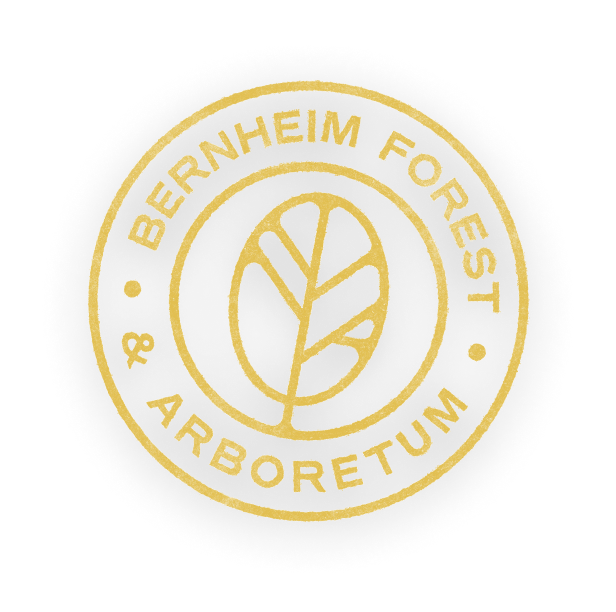By Bernheim
 Bernheim Arboretum and Research Forest is fighting utility giant LG&E to protect its conservation land against a proposed natural gas pipeline. LG&E, a private for-profit company, is suing Bernheim to take conservation land through condemnation. This pipeline would forever disrupt Bernheim’s Cedar Grove Wildlife Corridor, a critical link that connects rare plants and animals across our 16,137 acres. This proposed pipeline would also set a dangerous precedent that puts all conservation land at risk.
Bernheim Arboretum and Research Forest is fighting utility giant LG&E to protect its conservation land against a proposed natural gas pipeline. LG&E, a private for-profit company, is suing Bernheim to take conservation land through condemnation. This pipeline would forever disrupt Bernheim’s Cedar Grove Wildlife Corridor, a critical link that connects rare plants and animals across our 16,137 acres. This proposed pipeline would also set a dangerous precedent that puts all conservation land at risk.
The protected 494-acres known as the Cedar Grove Wildlife Corridor has conservation easements and deed restrictions prohibiting destruction of forests, streams and springs. They also prohibit the transfer of property by Bernheim for non-conservation purposes or the granting of easements for non-conservation purposes including natural gas pipelines.
Bernheim has been working for the past 10 years or more to protect the Cedar Grove Wildlife Corridor. The process for creating a wildlife corridor included acquiring more than 1,500 acres of forest from multiple landowners using conservation grants from the Imperiled Bat Conservation Fund of the U.S. Fish and Wildlife Service, Kentucky Heritage Land Conservation Fund, private donors and Bernheim funds. Providing safe, wild corridors between Bernheim and other protected lands, creeks and rivers allows wildlife populations to move and connect, which is critical to long-term survival in a changing climate.
The previous landowners sold the land to Bernheim with the intention of seeing it protected in perpetuity. Bernheim’s Board of Trustees has voted not to allow any conservation land to be taken for non-conservation purposes. We have the right as the owners of the property to do as we see fit and live up to our legal obligations to be good stewards of the land.
Bernheim continues to demonstrate the ecological values of the Cedar Grove Wildlife Corridor, as was originally required in the applications we submitted for conservation funding in March 2017. We work with universities, state and federal agencies, citizen scientists, and environmental contractors to study our biodiversity and natural features. On this land, we have documented critically endangered species including Indiana bat, northern long-eared bat, cave beetle, hidden springsnail, bluff vertigo snail, historical sites, and pristine limestone springs.
The eight-acres of forest that will be destroyed if the pipeline is granted serves as a vital component of our wildlife corridor. Bobcats, bats, golden eagles, and other wildlife require large forest blocks like Bernheim to feed, find mates, and raise offspring. Cutting out even a fraction of this uninterrupted forest will cause irreparable harm to wildlife at a time when we are seeing a drastic decline in many species, from birds and butterflies to larger mammals. We must help to protect their habitats. LG&E’s construction of the pipeline would widen an existing utility line with an even greater permanent scar, further eroding the integrity of the wildlife corridor.
Sadly, no one knows the permanent impacts of this easement and the ensuing pipeline. We are sure forests will be bulldozed, streams will run muddy, rock outcrops will be disrupted, the ground dug up, and pipe laid. Any notion this damage would be minimal and fails to recognize that this easement will last forever. It’s a perfect example of how the integrity of an ecosystem is lost from the death by 1,000 cuts.
Bernheim has been a proud member of the community for almost a century. We model sustainable practices that enhance quality of life and attract young professionals to our region. Bernheim provides scenic beauty, clean air, clean water, wildlife habitat, and other ecological services such as carbon sequestration. We engage in nature, art and science education and in communities large and small in the greater Louisville area and beyond. This year alone, over 500,000 visitors from all 50 states and multiple countries have connected with nature at Bernheim and brought in a substantial amount of tourism dollars to the community and region.
Conservation is for the public good, and this protected natural land is the real “public necessity.” Current and future generations depend on keeping forests like Bernheim intact. Any destruction of land would cause irreversible harm. And let’s remember, this dangerous precedent of breaking a conservation easement makes this a bigger issue than just Bernheim – we are fighting for conservation protections everywhere at a very pivotal moment in time for the environment and our future as a planet.

